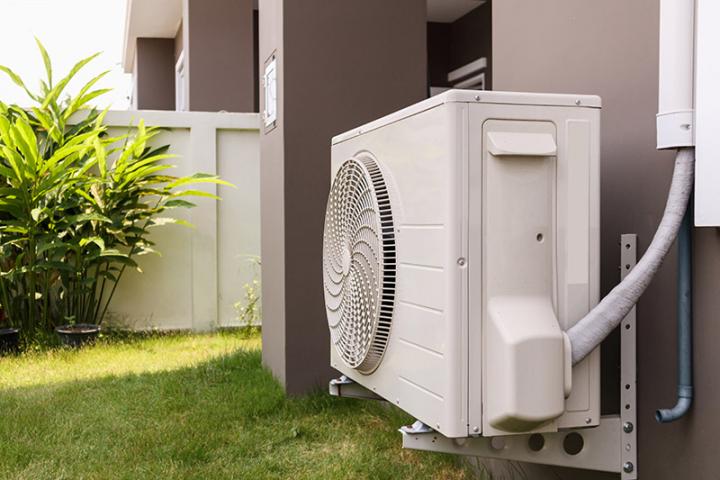
How to Prevent Mold Growth Around Your Air Conditioner
Mold will degrade your home's air quality, particularly if anyone in your family is allergic to it. Mold growth in your basement or bathroom is terrible, but what about when it occurs in your AC or inside the ductwork of your air conditioner system? Let us look at how mold growth occurs in the air conditioner or in the ducts, prevention tips, and how to eliminate mold growth in your air conditioner.
How Molds Grow in Air Conditioners
Mold requires two things to grow: moisture and an organic food supply. Moisture may be caused by high humidity or an improperly washed-up spill or leak. Evaporator and condenser coils are the primary sources of condensation and, as such, have the possibility of water leakage if not adequately drained. The organic food source may be the surface where the mold growth occurs, such as carpet, wood, or organic materials present on dust.
The Risk of Molds on Your AC
If you have mold growth in your home, it may produce spores that are quickly inhaled. Molds will cause wheezing, coughing, nasal stuffiness, skin irritation, eye irritation, or throat irritation. Individuals allergic to mold can experience more severe reactions. Individuals with weakened immune systems and chronic lung diseases such as obstructive lung illness can develop severe lung infection from mold exposure.
Your AC works to circulate cool air within a space while HVAC ducts circulate cool air throughout your home. If your AC has mold, it will effectively spread mold across rooms or the entire house.
How Do You Prevent Molds from Growing Around Your AC
Moisture control is essential in preventing mold growth around your air conditioner. Nevertheless, air conditioners also produce moisture. Let us look at six tips for controlling moisture in your AC to prevent mold growth.
- Air conditioning window units should be tightly fitted to the windows to prevent humid outdoor air and rain from entering your home.
- Filters and grates of air conditioners should be frequently cleaned to prevent dust accumulation, which can serve as a food supply for mold and inhibit airflow.
- Air conditioners must be emptied regularly. They usually have a light and an automatic shut-off to indicate that the reservoir is filled. Therefore, before storing your portable AC for the winter, ensure it is dry and empty.
- Replace your air filters frequently. Blocked filters not only serve as a food supply for mold but also can obstruct air circulation.
- Air conditioner ducts usually have self-regulation of moisture sin the circulation of air dries them out. It would be best if you kept all your air returns and grates clean and unblocked to enable proper air circulation with your HVAC system.
- Never should you introduce moisture to your air conditioner. When duct cleaning, use dry wiping or dry vacuuming.
Mold growth around your air conditioner is a serious issue since it enables the spread of mold spores across your home. Fixing an HVAC mold issue can be a challenging and costly job. Call us at Command Service Center for more information about HVAC mold issues.

